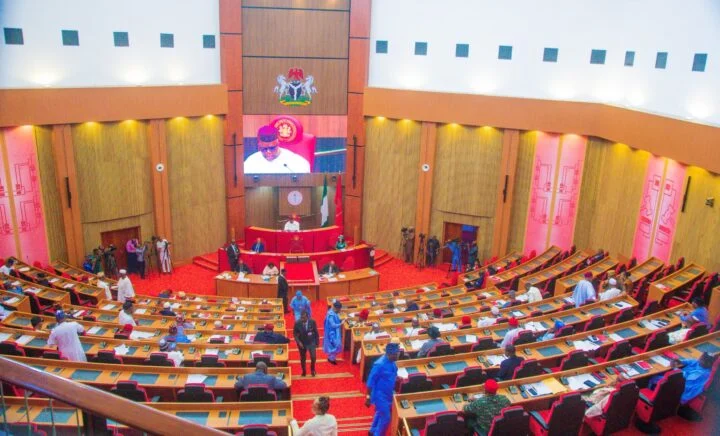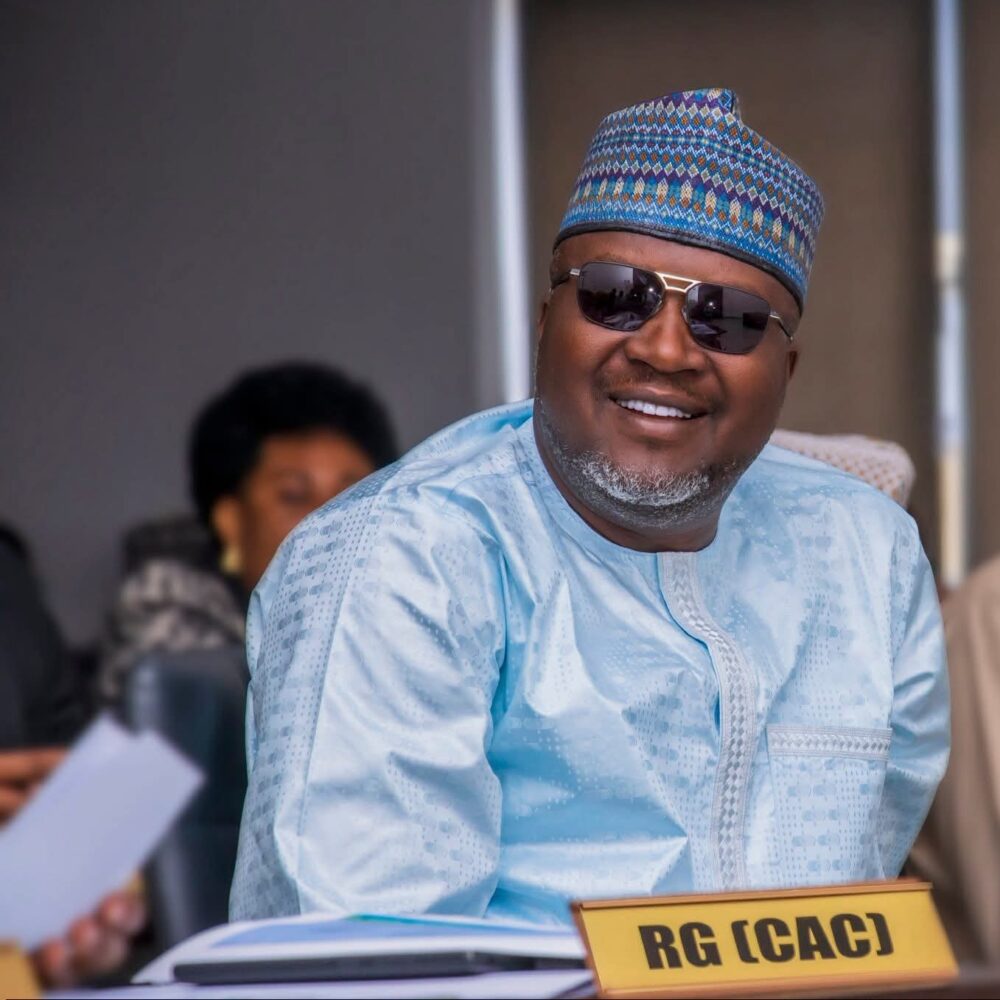A proposed Bill to establish the Nigerian Coast Guard has sparked widespread opposition from key stakeholders, including the Nigerian Navy, lawmakers, and civil society organizations (CSOs).
The Bill, introduced by Senator Wasiu Eshilokun (APC-Lagos), seek to create a full-fledged military service under the Ministry of Marine and Blue Economy, but critics argued that it would lead to unnecessary duplication of functions, stretch limited resources, and fail to address Nigeria’s maritime security challenges effectively.
At a public hearing held by the Senate Committee on Marine Transport, Rear Admiral Olusegun Ferreira, representing the Chief of Naval Staff, expressed concern that the proposed Coast Guard would overlap with existing agencies, citing global examples where maritime security is effectively managed through a combination of military and civilian bodies. He pointed to the UK and the US, where maritime security responsibilities are divided between the Navy and civilian agencies, and South Africa, which prioritizes network capacity over creating a separate Coast Guard.
In his remarks ,Chairman of the Senate Committee on Interior,Senator Adams Oshiomhole, questioned the logic of placing a military entity under a ministry dedicated to blue economy rather than the Ministry of Defence. He emphasized Nigeria’s fiscal constraints, arguing that creating new agencies would be financially irresponsible.
In a similar vein,Member representing Ado/Okpokwu/Ogbadibo Federal Constituency of Benue state,Rep. Philip Agbese criticized the Bill, noted that the creation of additional agencies, like the Nigerian Coast Guard, would only add to existing bureaucratic redundancy. Agbese highlighted the inconsistency in the stance of agencies under the Ministry of Marine and Blue Economy, which had previously opposed similar initiatives, such as the Marine Corps Bill.
Former military officials, legal experts, and CSO representatives also weighed in against the Bill, urging the Senate to reconsider the proposal. They argued that strengthening existing maritime institutions would be a more effective approach to enhancing Nigeria’s maritime security, rather than creating a new and potentially redundant agency.
As the debate over the Nigerian Coast Guard Bill intensifies, critics are calling on lawmakers to prioritize efficiency and resource management, urging them to reject the Bill and instead focus on improving the capabilities of existing agencies.





